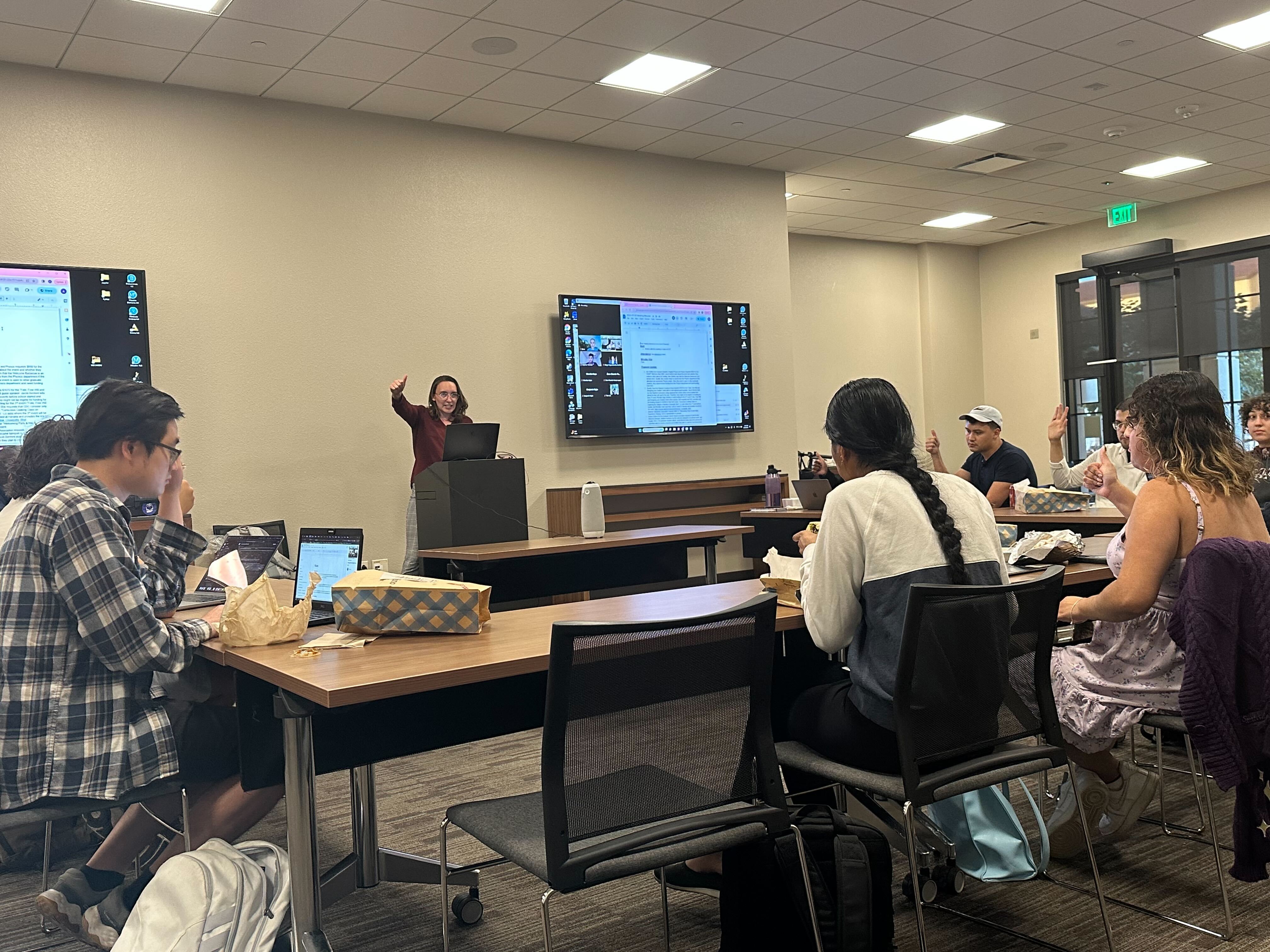The Graduate Student Council (GSC) passed a bill amending existing funding guidelines for voluntary student organizations (VSOs) and approved several funding requests for events at its first meeting of the fall on Tuesday.
The bill will streamline VSO funding by raising hard and soft cap amounts — the maximum and minimum funding amounts, respectively, that an organization can apply for from the GSC. The hard cap will be raised from $6,600 to $7,000 per year. The soft caps, which will be renamed as “per person per year” caps, will be increased from $45 to $52 to match the non-administrative portion of the student activities fee, in an effort to ensure that GSC-funded events reach a wider audience.
The bill also prevents GSC funding for events where the non-student presence is more than 10%, and resolves differences in timelines for GSC meetings and VSOs’ activity planning so that funding requests can be visited in a timely manner.
“The bill seeks to remove the ambiguities regarding VSO funding policies and clarify a lot of prevailing confusion in understanding of clauses contained within the guidelines,” said bill co-sponsor Jacob Benford, GSC treasurer and third-year law student.
Bill co-sponsor Tom Liu, GSC funding committee chair and fourth-year Ph.D. student in physics, added that the bill “will definitely increase transparency in funding processes and encourage responsible use of money.” Nine councilors voted in favor of the bill, while one abstained.
The GSC also unanimously approved seven funding requests by various student organizations, identifying that many VSO events were “cultural” and could receive additional funding from Bechtel. Collaboration between the GSC and Bechtel would help prevent a spike in activity fees for graduate students and ensure organizations receive the necessary funds, said Kristen Jackson, GSC co-chair and fourth-year Ph.D. student in education.
The GSC also heard from John Austin, interim director for well being at Vaden Health Services. Austin outlined current priorities for this year, such as expanding health coverage so “students won’t need a referral from primary care providers but can rely on self-referral” to receive healthcare services and increasing awareness of 24/7 telehealth services.
GSC members raised concerns about the lack of affordability and communication regarding these services and policies. Austin suggested that the GSC approach the vice provost of graduate education with its concerns.
When asked about the GSC’s priorities for this year, Jackson said that the GSC “[hopes] to generate meaningful conversations around compensation and affordability by addressing inequities within the student body so that an undue burden is not placed on a specific subset of students.”
The GSC also commenced expulsion proceedings against two of its current members for non-attendance in meetings and discussed upcoming graduate social events, including a community dinner planned for next week and a taco night in November.
